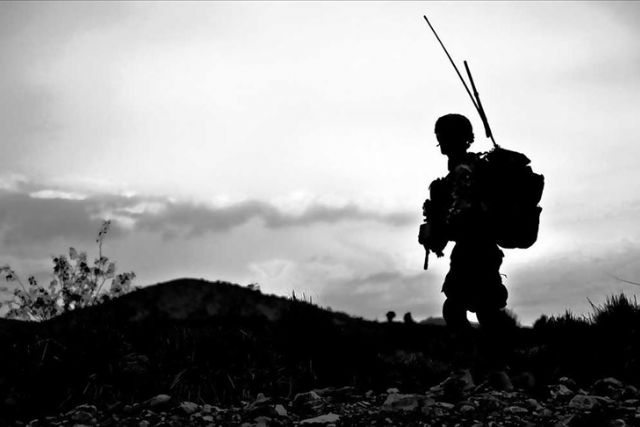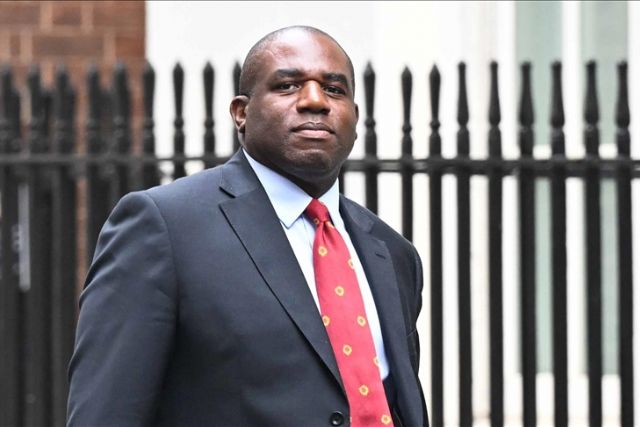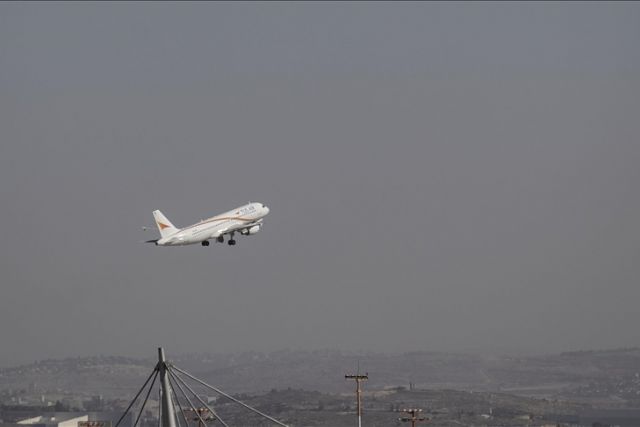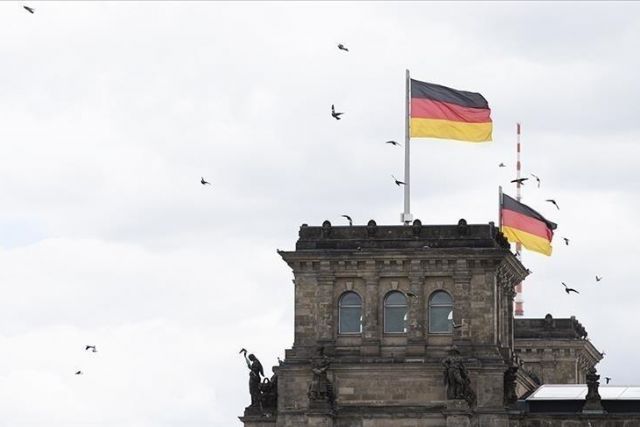ANALYSIS - Russia throws spanner in US plans to seek bases in Central Asia
Recent tri-nation war games along Afghan border indicates Russia will discourage Central Asian partners to allow US military posts

*The writer is a UK-based analyst and has worked with universities in three Central Asian countries.
LONDON
Apart from conducting military drills with Tajikistan and Uzbekistan, Russia is working overtime mobilizing opinions to deny the US any military foothold in Central Asia.
After the conclusion of the tri-nation joint military maneuvers along their borders with Afghanistan, Russian Foreign Minister Sergey Lavrov said war games aimed to prevent any spillover from Afghanistan to Central Asia. Russia-led military alliance of SIX former Soviet states, the Collective Security Treaty Organization (CSTO) created in 1992 ensures the collective defense of any member that faces external aggression.
There was a clear message from Moscow that its allies in Central Asia are in no mood to help the US after the withdrawal of its troops from Afghanistan in the form of providing any base to keep tabs on the region. Russia asserts that a US base will bring trouble for the host states as it will create a new set of security issues.
Also, the US military presence in Kazakhstan, Kyrgyzstan, and Tajikistan may come in direct conflict with the Russia-led CSTO. The Russian Duma (parliament) has announced that "there can be no talk on any deployment of American contingents in these states" as the CSTO Charter requires the consent of other members also to allow such external footprints.
Lavrov pointed out that over the past many months Washington has been negotiating with all the states adjacent to Afghanistan, for allowing some logistics support centers and bases for the withdrawal of equipment from Afghanistan.
No member nation of CSTO and even Uzbekistan, which had withdrawn its full membership from the military alliance in 1999 showed much enthusiasm in allowing US military boots on their territory. Lavrov pointed out that the Russian position coincided with that of Kazakhstan, Tajikistan, and Uzbekistan and none of them require the US presence. He said that as Washington wanted these bases to conduct operations inside Afghanistan, “it will make our allies hostage” to the US policies, which have been a failure in the region and other parts of the world.
Russian Defense Minister Sergei Shoigu also accused the US that “having lost much of its intended aims in Afghanistan, it was now trying to gain a foothold across the borders in Central Asia. He termed the US negotiations with Central Asian states on the issue “rather intrusive”.
He asked the US, why it left Afghanistan in the first place and now wants to stand behind the fence to observe the situation? He himself replied the question, saying: “This is an attempt to gain a foothold in the Central Asian region after having lost everything in Afghanistan.” The Russian Defense Minister claimed that the presence of US troops could lead to destabilization and devastation.
US failures in Afghanistan
Maxim Suchkov, director at the Moscow Institute for International Studies (MGIMO) said that the nearly 20-year presence of the US in Afghanistan could not evolve any viable and durable democratic government or a stable society in the country.
“It is important for Russia to stop these threats before they become critical for Central Asia and Russia itself, “he said while drawing analogies to the migration crises that Europeans faced because of the wars in Libya, Syria, and Africa.
Vladimir Yevsiev, an expert on Russian military affairs said the Russians have proved far savvier in reading signals coming out from Afghanistan.
Moscow was clearly reading the signs about the possible collapse of President Ashraf Ghani's government and it could well understand the reasons behind the Afghan defense forces deployed in various provinces not putting up much resistance to advancing Taliban forces.
Referring to Russia's geopolitical role in the region Mikhail Khodarenok, military commentator, however, cautioned that once being drawn into issues in Central Asia, Moscow may get stuck in another hot spot in addition to the existing ones. “In none of them, so far the conflict has been brought to its logical conclusion,” he said.
**Opinions expressed in this article are the author's own and do not necessarily reflect the editorial policy of the Anadolu Agency





